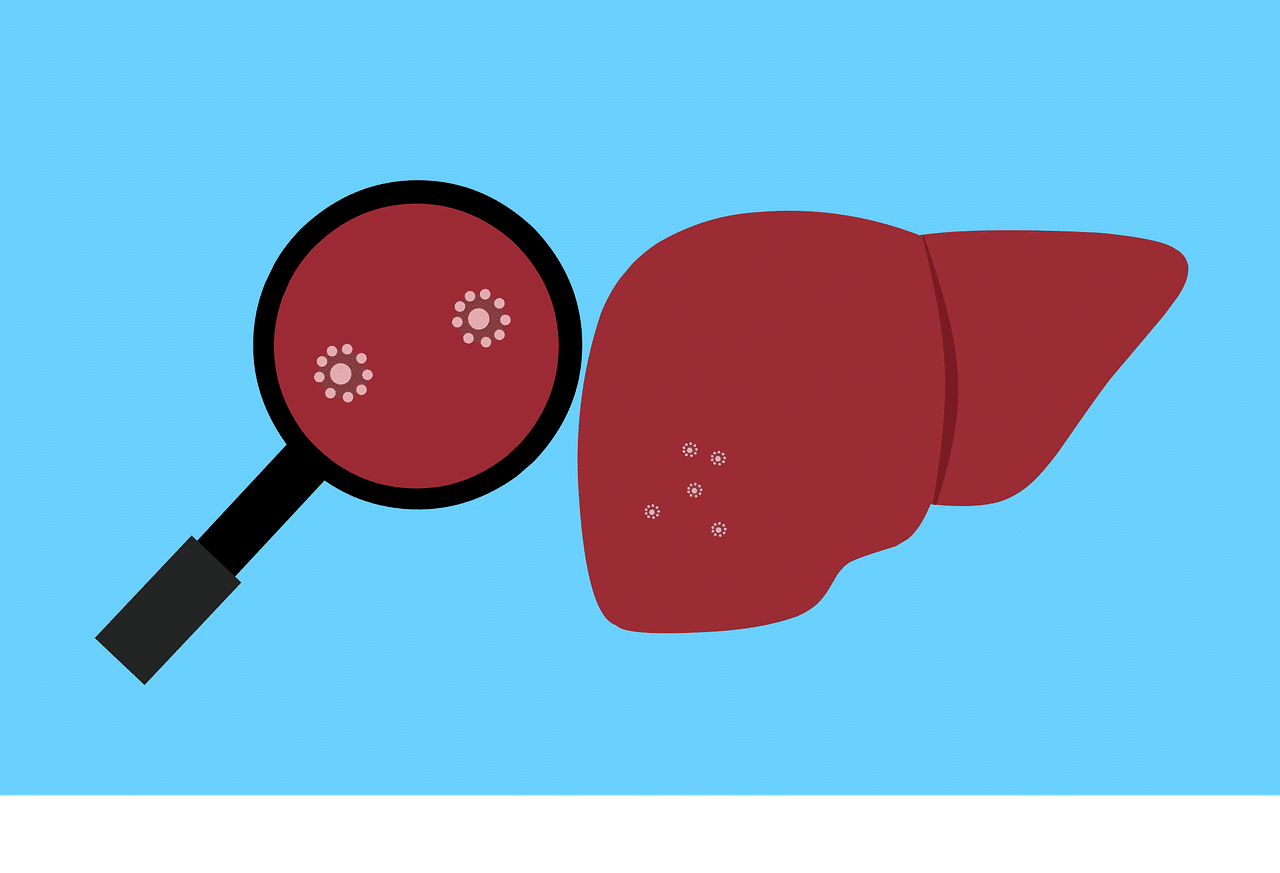The University of Vermont Health Network recently initiated a pilot study that will work for providing genome DNA test facility for patients which would be a part of their clinical care.
The study program is the effort for enhancing the integration of risks of the genetic disease into the current health care protocol which guarantees for offering the people on campus with beneficial knowledge for guiding big decisions relating to their health.
Although most of the health and longevity of any individual is 30 per cent by the genetics, the health care does not consider it to be important enough to be included in the diagnosis to the treatment procedure of the patients. More information regarding the genome of a human will help the physicians to take better clinical decisions.
Patients going for the Genome DNA testing will be able to learn differences in their DNA makeup that increase the risks of a certain disease like heart attack and diabetes. Having a knowledge of these genetically acquired risks of disease might help the patients and the medical care facility in adjusting the health care to optimize the health of a patient.
The University of Vermont Heath Network has partnership with LunaPBS as well as Invitae regarding the pilot study. The latter will be giving information for a number of 147 genes that are good indicators of elevated disease risks in certain cases and for diseases having established clinical care guidelines.
Moreover, it is also a screening test for knowing the status career of many diseases. Follow ups for the family members of the patient would also be given on need.
Screening tests and Genome DNA testing in any population health vicinity is helpful in identifying certain risk factors relating to genes that will help the health care providers do better disease management and design effective strategies for prevention of the disease in an individualized and a modified manner.
The University of Vermont Health Network is now providing the testing facility which will be the part of the health care. however, this finding will also be applicable in research settings where scientists can further investigate about the disease for better treatment options for patients with considerably rare diseases.
Patients who go through the testing protocol can consent for sharing their data in a secure way with the scientists through the sharing platform of LunaPBC called as LunaDNA. The LunaDNA offers the patients with the chance for sharing their EHR information and genomic findings for advanced disease management research facilities.
Beginning on November 1, Friday, the pilot study became a part of the health care vicinity of UVM and is expected to be applied on more than a thousand patients in 2020.
This will pave way for scientists to know about different ways how can genetic information in the Electronic Health Information Database could be proved beneficial for adequate health management and disease management strategies.
However, there is a need of collective research by the researchers end to make this application more readily available and practical for different health facilities.


